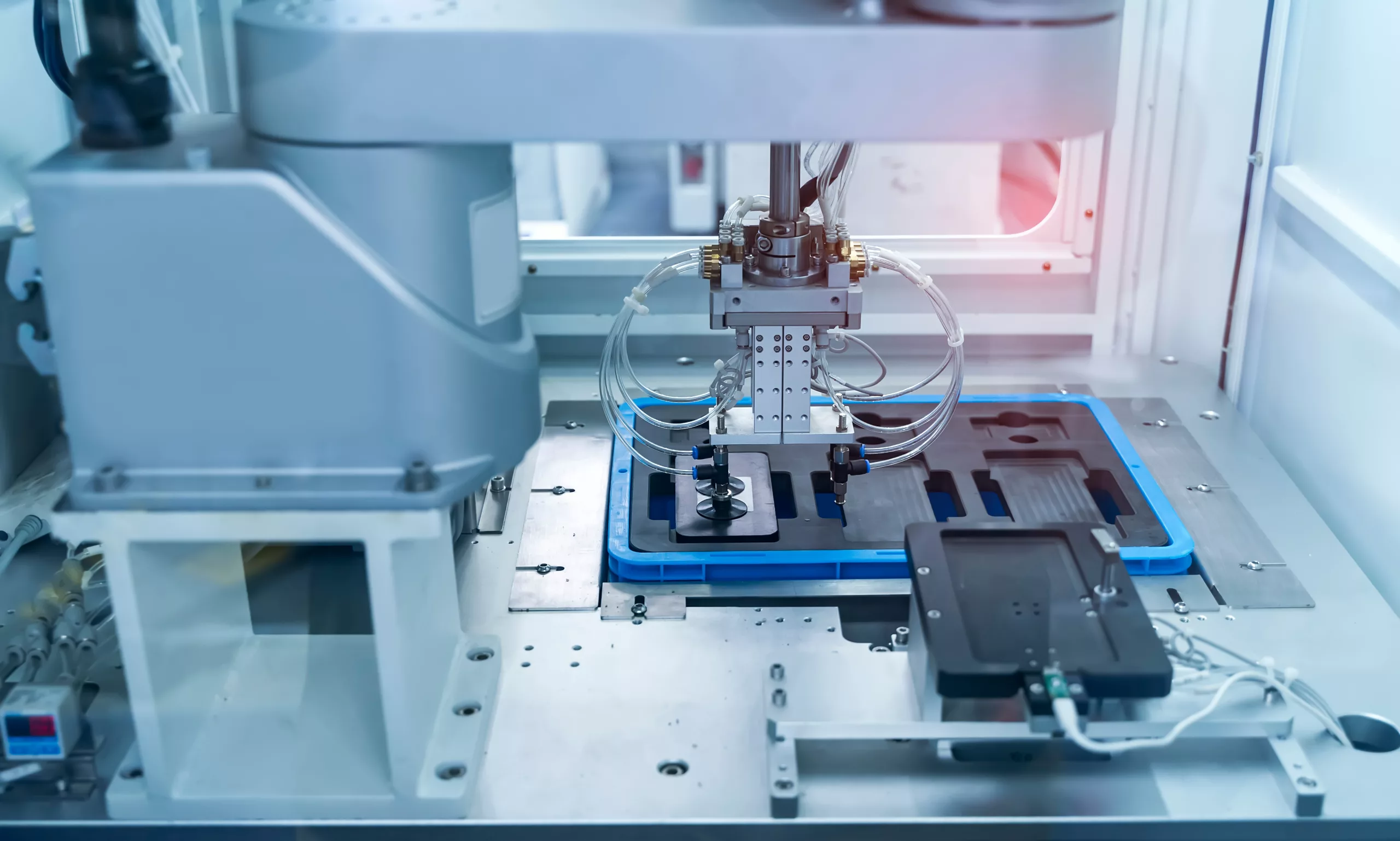In medical device manufacturing, every step in the production process must be meticulously monitored to ensure that the final product meets regulatory requirements and, most importantly, ensures patient safety. Two critical concepts in this realm are medical device rework and nonconformance. While they might seem similar at first glance, understanding their nuances is essential for maintaining quality control and regulatory compliance.
Rework in the context of medical devices refers to the process of correcting or modifying a device that does not meet specified requirements. It involves identifying defects or deviations from established standards and taking corrective action to rectify them. Rework can occur at various stages of the manufacturing process, from component assembly to final product inspection.
The primary goal of rework is to salvage nonconforming products by bringing them into compliance with predefined specifications. This might involve repairing faulty components, adjusting parameters, or even redesigning certain elements of the device. Rework is often carried out under controlled conditions to ensure that the integrity and safety of the device are not compromised during the corrective process.
Nonconformance, on the other hand, refers to any deviation from established quality standards or specifications. It encompasses a broad range of issues, including defects in materials, equipment malfunctions, procedural errors, and deviations from regulatory requirements. Nonconformance can manifest at any stage of the manufacturing process and can impact the quality, safety, or efficacy of the final product.
Unlike rework, which focuses on correcting specific defects, addressing nonconformances requires a systematic approach to identifying root causes, implementing corrective actions, and preventing recurrence. Nonconformance programs are designed to capture, evaluate, and resolve instances of nonconformance effectively, minimizing the risk of product failures and regulatory non-compliance.
While medical device rework and nonconformance are closely related concepts, several key differences distinguish them:
- Focus: Rework targets specific defects or deviations in individual devices, aiming to bring them into compliance with predefined standards. Nonconformance, on the other hand, addresses broader systemic issues that may affect multiple products or processes.
- Scope: Rework is typically confined to the correction of identified defects or deviations in individual devices. Nonconformance management encompasses a wider range of activities, including root cause analysis, corrective action implementation, and preventive measures.
- Approach: Rework involves immediate corrective action to rectify identified defects and ensure compliance with specifications. Nonconformance management requires a more comprehensive approach, involving investigation, analysis, and documentation of nonconforming events, as well as implementation of preventive measures to mitigate future risks.
In conclusion, while medical device rework and nonconformance are interconnected aspects of quality management in the medical device industry, they serve distinct purposes and require different approaches. By understanding the differences between these concepts and implementing robust quality management systems, manufacturers can ensure the production of safe, effective, and compliant medical devices that meet the highest standards of quality and reliability.
If you need help with your nonconformance program or ensuring that you are conducting rework in compliance with the regulatory requirements, the EMMA International experts can help! Give us a call at 248-987-4497 or email info@emmainternational.com to learn more.





